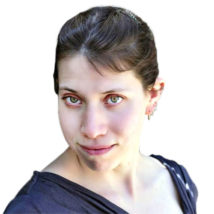
Bethany Brookshire was a longtime staff writer at Science News Explores and is the author of the book Pests: How Humans Create Animal Villains. She has a B.S. in biology and a B.A. in philosophy from The College of William and Mary, and a Ph.D. in physiology and pharmacology from Wake Forest University School of Medicine. She was a 2019-2020 Knight Science Journalism Fellow at MIT, the winner of the Society for Neuroscience Next Generation Award and the Three Quarks Daily Science Writing Award, among others.

All Stories by Bethany Brookshire
-
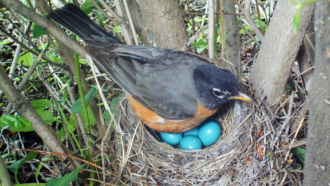 Animals
AnimalsScientists Say: Medullary bone
Medullary bone is a layer that forms inside bird and dinosaur bones. It’s a source of the calcium in eggshells.
-
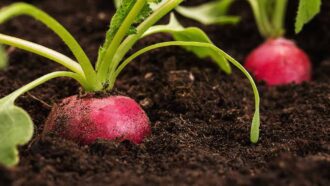 Plants
PlantsHow to grow your own science experiment
Does fertilizer help plants grow better? You might expect it to, but how can you know? This experiment will help you test it yourself.
-
 Science & Society
Science & SocietySuffering from racist acts can prompt Black teens to constructive action
Stress from experiencing racist acts can lead Black teens to recognize and confront racism and fight for social justice.
-
 Physics
PhysicsScientists Say: Velocity
Velocity is more than speed. It is both speed and the direction in which an object is traveling.
-
 Tech
TechLet’s learn about virtual reality
Scientists use virtual reality to build new games and to help people fight their fears.
-
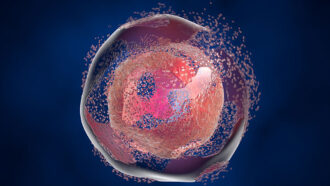 Health & Medicine
Health & MedicineScientists Say: Apoptosis
When it’s time for cells to die, they need to do it carefully, so they don’t harm other cells.
-
 Health & Medicine
Health & MedicineScientists Say: Puberty
Puberty is a time when hormones surge and people develop the ability to have children. But it’s so much more than that.
-
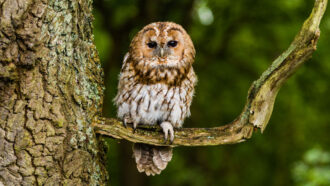 Genetics
GeneticsScientists Say: Evolution
Evolution is how species change over time. Individuals in the group vary, and some will pass on their genes. Over time, the whole species changes.
-
 Planets
PlanetsLet’s learn about Mars
Traveling to Mars offers many challenges, including life without gravity, cosmic rays and communication delays.
-
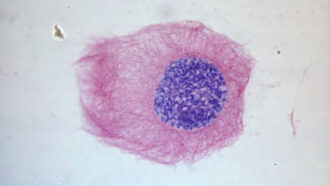 Microbes
MicrobesScientists Say: Nucleus
Nucleus comes from the Latin term “nuc,” meaning nut or kernel. In science there are lots of nuclei. Every one of them is the center of something.
-
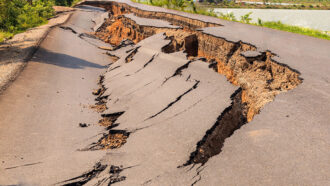 Earth
EarthScientists Say: Earthquake
An earthquake is a sudden and sometimes violent shaking of the ground.
-
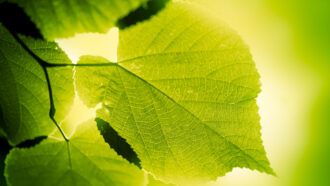 Plants
PlantsExplainer: How photosynthesis works
Plants can take in light, water and carbon dioxide, and send out sugar and oxygen. Here’s how it works.